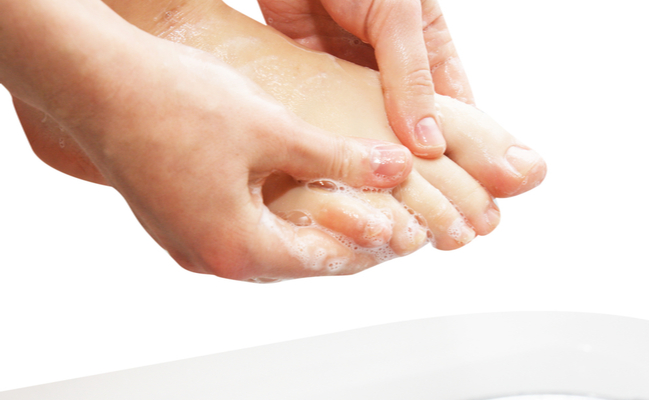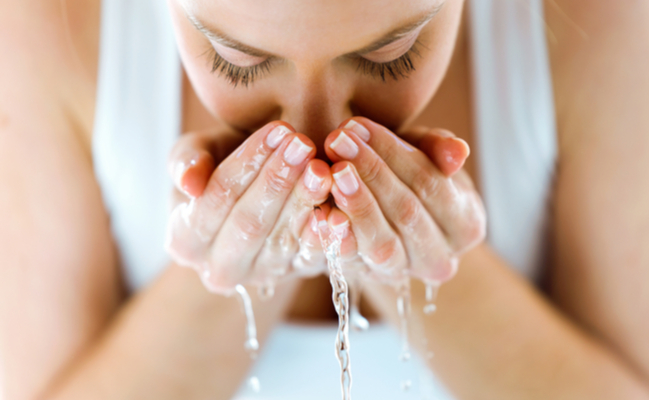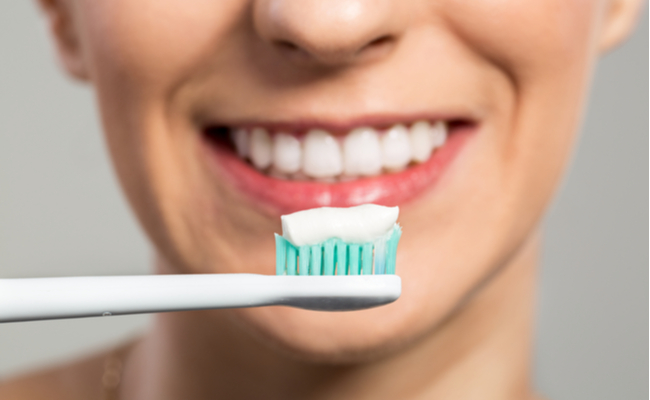Washing Your Body: 7 Areas to Focus On
Why It’s Important
Good hygiene habits are necessary for both personal health and social causes when washing your body parts. Washing your hands is the most important tool to prevent infection spread, especially in the current global situation. The germs that cause many infectious diseases can be passed on by touching other people or objects. At the same time, good personal hygiene also entails keeping the rest of your body clean too.
What Products To Look For
Washing your body takes more than using a combination of soap and water. “Take inventory of your skincare and choose the right products,” says Sandy Skotnicki, founder of Toronto’s Bay Dermatology Centre.
Many of these contain irritants like fragrances and detergents. To soothe sensitive skin, pick items formulated with a pH similar to the skin—also ones with the fewest amount of ingredients at the optimal dose.
Let’s now take a look at how to wash certain parts of your body the right way.
Feet
The feet might be forgotten simply by biological design, and it isn’t enough to get them wet and soapy when showering or bathing. Feet needs to be washed to cut down on their smell and to exfoliate.
According to the Institute For Preventive Foot Health, “Use mild soap, and wash between the toes.” If suffering from any skin infections, carefully washing and drying the affected areas daily can help the condition.
Heel
Heels are rear ends of feet, it functions in weight-bearing when standing and as a lever while walking. Cracked heels are a common health problem caused by the dryness of the foot skin. Make use of a pumice stone to remove any dead skin cells.
Face
It’s best to wash your face with warm water. Hot water is known to possibly dry out and irritate the skin. Warm water can help break up the germs or dirt but preserve the skin’s hydrating natural oils.
A vital tip to correct cleansing is to curb beauty impulse buys. “Think about ‘less is more,” according to Dr. Skotnicki, who is also an Assistant Professor of Dermatology at the University of Toronto. Using a lot of skincare products harms the skin since they contain ingredients not complementing each other. Stick to items you know and love.
Facial cleansers are used to remove dead skin cells and harmful oil plus make-up and dirt. Exfoliators are good for preventing acne, increasing radiance, even boosting blood flow. However, you do not need to exfoliate every day.
Another crucial thing to remember is to rinse your face properly. Soapy residue leads to the buildup of clogged pores.
Scalp
Washing your hair at least once a week using shampoo and conditioner can help prevent head lice, which can be very itchy and uncomfortable. How often shampooing hair lies in your hair type, though.
Suppose hair isn’t particularly oily, 3-4 times a week. Oily hair needs to be washed daily. And if it’s thick, curly, or dry, then weekly should be fine.
When shampooing, make sure to apply shampoo and condition onto the scalp, lightly massaging the scalp. Use the fingers’ pads instead of fingernails stimulating the scalp so as not to claw the skin.
Rinsing hair of all of the shampoo and condition applied is also extremely needed. Being in a rush sometimes leads to leaving residue on the scalp making it look dull and dirty instead of clean when washing your body parts.
Private Parts
A lot miss out on the belly button, and it can be a region for bacteria if left neglected. Utilize a cotton swab for regular cleaning its confines.
Uncircumcised men can clean their penis by gently washing the foreskin and cleaning it underneath warm water and soap.
Women can use plain, unperfumed soaps to wash the vulva. Never douche the inside of your vagina, even with water. Keeping the perineal area between the vagina and anus clean is important too.
During menstruation, tampons can be changed every 3 to 4 hours. Change sanitary pads several times a day. Sanitize hands before and after changing tampons or pads.
Elbows
Believe it or not, there’s a right way to wash hands as recommended by surgeons, and that is scrubbing up to the elbows. That gives an idea of what is needed to kill most germs. It makes sense since that body part coming into contact with dirty surfaces happens to everyone.
A more basic thing to consider is to keep hands and forearms down, so cross-contamination from rinse water running back to the wrists and elbows does not occur.
Ears
The ear is just as important of an area to clean when compared to other body parts. It even has antibacterial properties. Earwax is like a filter for ears keeping out harmful things. It’s produced within the ear canal and naturally migrates from deeper inside to outside. The only reason for cleaning them is to soften or remove the earwax from the outside of your ear canals.
Wash the exterior using a warm, damp cloth. Aim for no more than once a day until the excess is gone, but preferably only one or two times a week.
Never use cotton swabs or picks and sticks as it will only push wax back inside plus scratch the inner ear. Apply earwax removal drops to clean the ear canal.
Teeth
Bad breath can be caused by poor oral hygiene. Brush teeth twice a day – in the morning and before bed, plus floss regularly. Aim the toothbrush at a 45-degree angle towards the gum line. Utilize just a pea-sized amount of toothpaste.
Use only gentle circular motion meeting the tooth and gums, then repeat on the inside surfaces. Employ light back and motion on the chewing surfaces.
Remember when choosing a brush, select one with a soft bristle as the hard, firm ones can cause enamel loss and damage to the gums. Store it in a clean, dry place and replace it regularly, once every three months, especially after an illness.
It’s one of our most important organs in the body. Yet, the skin is among underrated parts of the human body. Taking a shower every day can be a routine set in place, even alternating between cold and hot when washing your body parts. A cold shower is great for reducing itchiness and recovering after a workout, a hot shower for relaxing muscles, improving sleep, or relieving respiratory symptoms.
Related Articles
Best Dental Supplies for The Money
Best CBD Oil Tincture Reviews 2020
CBD Oil in New York
Final Thoughts
See, personal hygiene shouldn’t have to be difficult at all. Once washing your body has been set into motion, it can quickly become a very good habit with not only personal health benefits — it can help protect those around too!




